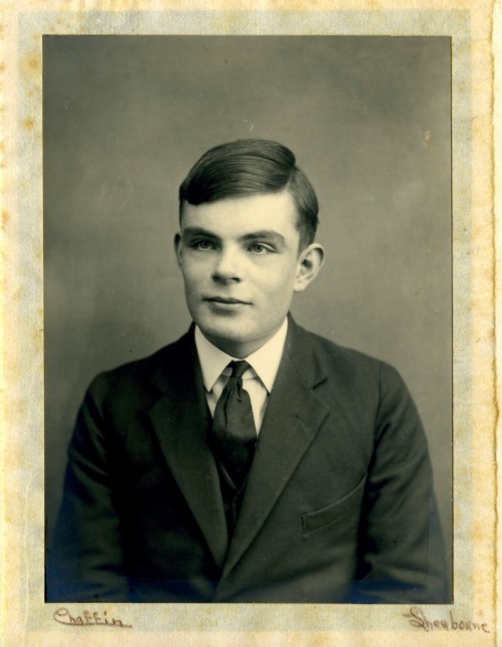“History is everyone’s story”
Cambridge University Press and Assessment help millions of people worldwide to unlock their potential. Our qualifications, assessments, academic publications, and original research spread knowledge, spark curiosity and aid understanding around the world.
OCR is one of our UK exams boards, our syllabuses guide what children are taught from age 14 upwards. It’s a huge responsibility and we are proud to have been the first exam board to introduce the history of migration to GCSE history courses. Understanding Britain’s past through the lens of one of its undeniable constants – the movements of people to these islands is more important today than ever.

Studying an OCR GCSE history course allows students to compare the experiences and motivations of diverse groups in British history: Medieval Dutch and Flemish migrants; the Protestant refugees; the Jewish and Romani migrants; and the early African and Indian migrants right up to the present day. We also believe that understanding the history of non-western civilisations in their own right – rather than just when encountered and invaded by the West – is key to valuing everyone in our society. We are the only Exam Board to include pre-Colonial Africa Kingdoms in our History A-Level. Our syllabus allows students to see a personal connection to the history they’re taught. As an exam board, we recognise the importance and power of providing everyone with the opportunity to see themselves in the narrative, because history is everyone’s story.
Yet there is more we can do to make the history our children learn in schools more inclusive. Many histories remain invisible for example we need more dialogue on the histories, of all people (Black, LGBTQ+, disabled, Indigenous, People of Colour) to open an understanding of period and place. That’s why we give A-Level History students the chance to broaden their studies further with a personal investigation entirely of their own choice. Many students choose to focus on LGBTQ+ histories for this, and we hope many more will do so. Harvey Milk, Stonewall, Alan Turing, among others, all feature regularly now. But not just as icons and iconic events, societal attitudes and legal positions are analysed and dissected eagerly by students.

“It’s recognised that marginalised groups don’t regularly feature in narratives or only do so when things are done to them or they are fighting back, giving the impression of being dehumanised. OCR is determined to counter this through our GCSE and A-Level courses giving Black History and other histories a platform so every student can see their identity and diversity in the story” Jill Duffy (Chief Executive, OCR).
Academic Publishing
Diversity in global academia is an area that is rightfully under a lot of scrutiny, and an area in which there is a lot of work to do. As a leading publisher of academic books and journals, our Humanities and Social Science publishing has long had a strong and established focus on equality and justice, and we regularly provide open access to works to inform debate and thought leadership.
We are committed to playing an active role in encouraging diversity, both in the content we produce and, in the editors, and authors we work with. Publishing cannot be truly diverse if the author base is not, and like many publishers, we recognise that we need to be advocating more actively on this front. To this end, we have recently started surveying our author and editor base, in both books and journals so that we can actively monitor and report on our progress and encourage submissions from a more diverse and representative group of authors.
We are also taking a leading role in driving forward awareness and action within the publishing industry. Next summer, we will be co-hosting the University Press Redux conference with the ALPSP, which we will entirely be devoted to sustainability and Equality, Diversity, Inclusion and Belonging.
As a global organisation serving customers and representing colleagues all over the world, equality, diversity, inclusion and belonging in all their forms, are essential to our future success.
We believe that diversity of thought, background, and approach creates better outcomes and it’s part of how we achieve our purpose: to contribute to society through the pursuit of education.
Our organisation spans across more than 160 countries and has over 5000 employees. Our aim is for colleagues to have equal chances to grow, learn and advance, creating an environment where everyone thrives and feels a sense of belonging.
We have well-established colleague networks celebrating and advocating for valuing inclusion and belonging. These networks have built a sense of community and the opportunity to connect globally with like-minded colleagues, whose voices and experiences inform our strategy, policies, product development, marketing, and client relationships.
To find out about career opportunities and contribute to our work visit cambridge.org/careers.

